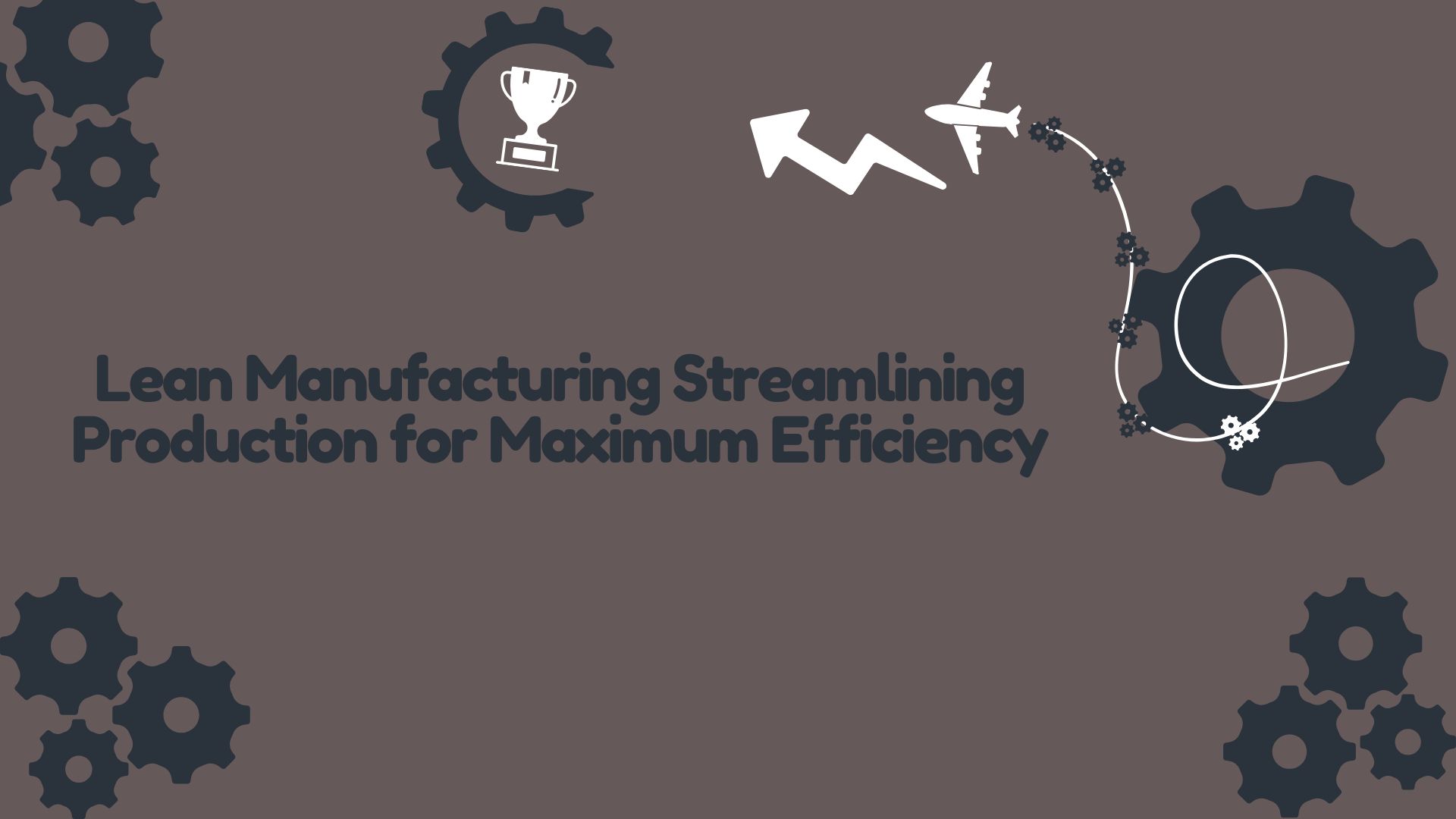Introduction: In today’s competitive market, efficiency is crucial for success. Lean manufacturing, a methodology focused on minimizing waste and maximizing value, has become a cornerstone of modern production. This blog delves into the principles of lean manufacturing, its benefits, and practical applications in the industry.
Body:
What is Lean Manufacturing? Lean manufacturing is a systematic approach to identifying and eliminating waste within a production process. Originating from the Toyota Production System, it emphasizes continuous improvement and efficiency.
Core Principles of Lean Manufacturing:
Value: Define what value means from the customer’s perspective and focus on delivering it.
Value Stream: Map out the entire production process to identify and eliminate waste.
Flow: Ensure smooth and uninterrupted flow of materials and products through the production process.
Pull: Produce only what is needed when it is needed, reducing inventory and overproduction.
Continuous Improvement (Kaizen): Foster a culture of ongoing improvement in all aspects of the production process.
Benefits of Lean Manufacturing:
Reduced Waste: By eliminating non-value-added activities, lean manufacturing reduces waste and lowers costs.
Improved Quality: Focus on continuous improvement leads to higher-quality products and fewer defects.
Increased Efficiency: Streamlined processes result in faster production times and better resource utilization.
Enhanced Flexibility: Lean practices allow manufacturers to quickly adapt to changes in demand and market conditions.
Practical Applications:
5S System: A workplace organization method that stands for Sort, Set in order, Shine, Standardize, and Sustain, ensuring a clean and efficient work environment.
Kanban: A visual scheduling system that helps manage workflow and inventory, ensuring production aligns with demand.
Just-in-Time (JIT): A strategy that reduces inventory costs by receiving goods only as they are needed in the production process.
Challenges and Implementation: Implementing lean manufacturing requires a cultural shift and commitment from all levels of the organization. Common challenges include resistance to change and the need for ongoing training. However, the long-term benefits far outweigh the initial hurdles.
Conclusion: Lean manufacturing offers a powerful framework for improving efficiency, reducing waste, and enhancing product quality. By adopting lean principles, manufacturers can create more value for customers while staying competitive in a rapidly changing market. The journey towards lean manufacturing may be challenging, but the rewards of increased efficiency and continuous improvement make it a worthwhile endeavor.









